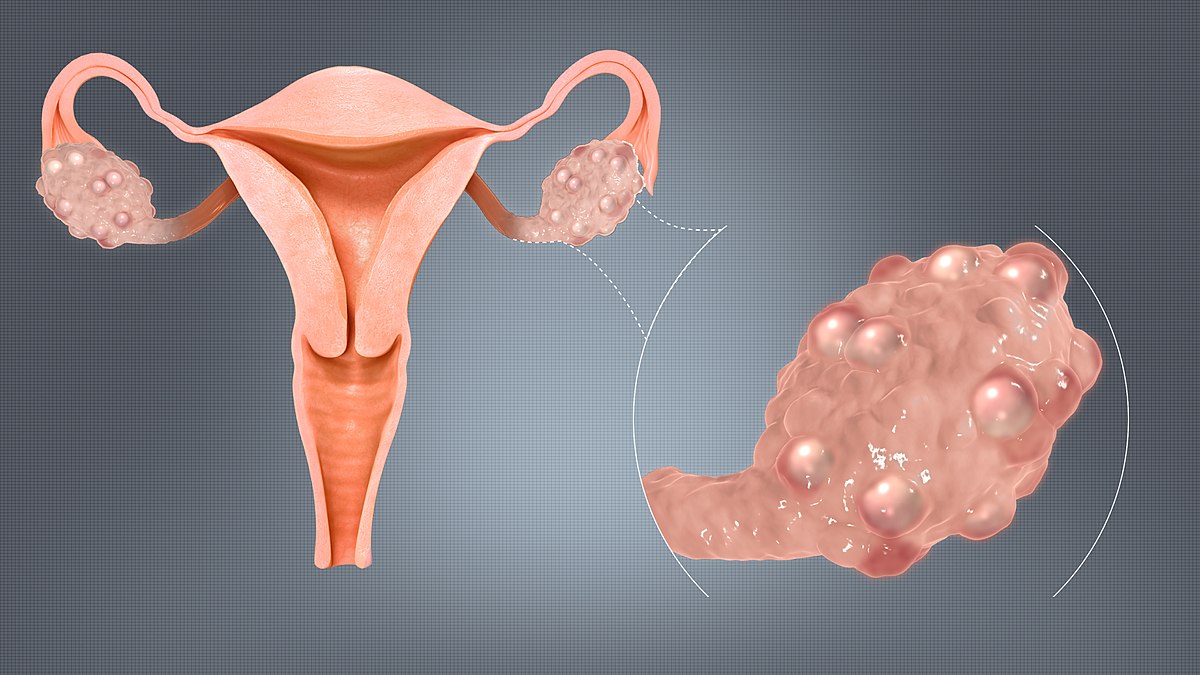By Jatin Jakhar
Indian cancer treatment is said to have reached a milestone with the introduction of
NexCAR19, the country’s first CAR T-cell therapy. It is a form of gene therapy that carries
the name NexCAR19. This development brings fresh optimism to individuals struggling with
cancer in the field of medical research.

The NexCAR19 is a CAR T-cell therapy, which has been developed by Indian Institute of
Technology Bombay (IITB), Tata Memorial Centre and ImmunoACT a start-up company.
CAR refers to Chimeric Antigen Receptor. Here, Immune cells called T cells are taken from
patients and genetically modified in labs so as to be able to recognize and kill cancerous
cells when infused back into the patient’s body. Therefore they can deliver targeted
destruction of cancer when re-infused in the sick person.
Affordability and Accessibility
The affordability aspect makes NexCAR19 more interesting. Traditional CAR-T cell therapies
are expensive with expenses that can be sometimes hundreds of thousands dollars.
However, this new medicine NexCAR19 is being developed at extremely reduced cost points
which means it could make this life saving medication available for many other people in
India and other developing countries who couldn’t afford it.
Testament to Collaboration
The success of NexCAR19 is a clear proof of the power behind collaboration between
institutions of learning, medical research establishments and private startups. This kind of
cooperation can hasten scientific breakthroughs and convert them into real gains for
patients.
Looking Forward
NexCAR19 has entered clinical trials and is still being analysed for its long term effects on
efficacy and safety. Nevertheless, this drug’s creation shows that cancer treatment in India is
ushering in a new age. As studies go on, this therapeutic approach could change the lives of
many cancer victims and add a new dimension to healthcare future.




